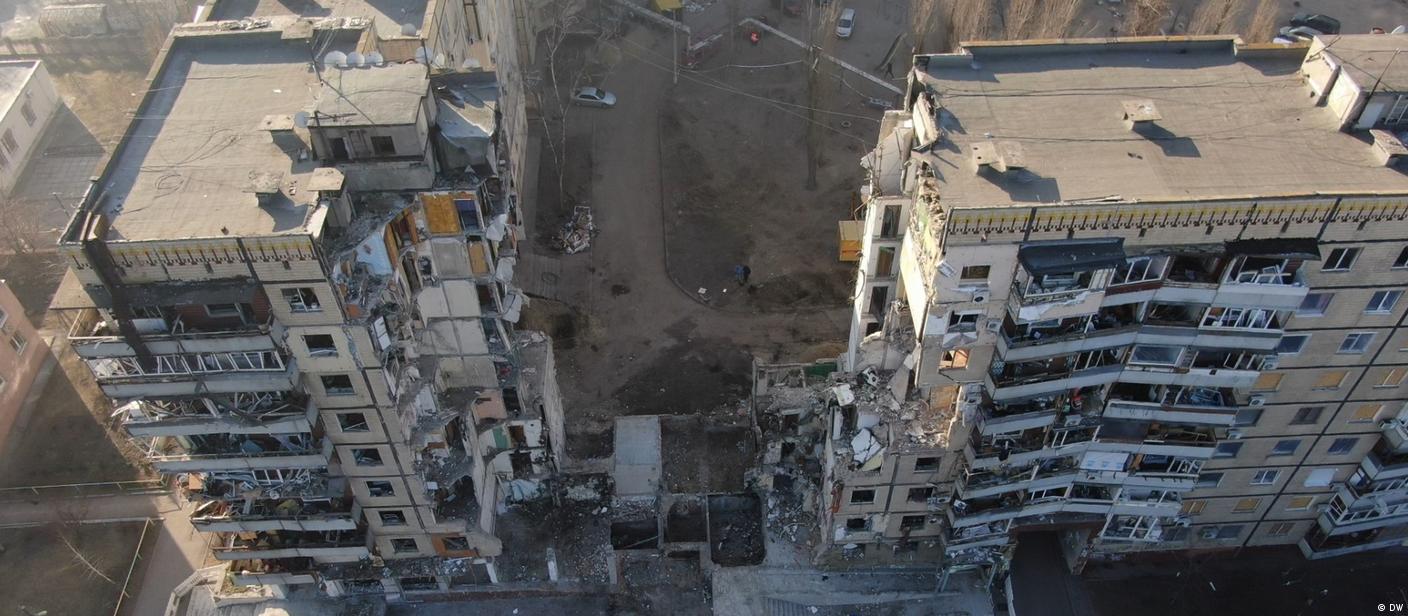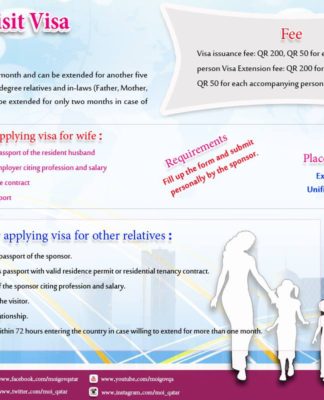POLITICSUKRAINE
Ukraine: Life after the tragedy of Dnipro
Anna Pshemyska
15 hours ago15 hours ago
The Russian rocket attack on an apartment building in the city of Dnipro is one of the greatest tragedies in Russia’s war of aggression against Ukraine. How are the survivors coping?
https://p.dw.com/p/4NUVO
The Russian rocket attack on the city of Dnipro on January 14 was one of the deadliest of the war so far. According to the Ukrainian authorities, at least 46 people were killed, and 80 injured when a residential building was hit by a Kh-22 supersonic cruise missile. Five of the victims are still in hospital. Dozens more lost their homes, relatives, and friends, and are still suffering the consequences of the tragedy.
The young woman from the news
Anastasia Shvets, 24, is sometimes recognized by people on the street. She even describes herself on her Instagram page as “the girl who is now in all the news about Dnipro.”
Shvets is a survivor of the Russian rocket attack. That day, she lost her parents, her cat, her apartment, and her entire life as she knew it. She still finds it hard returning to the ruined building. Nonetheless, she wants to talk about what she has been through. “When you talk about it, your heart always feels a little lighter, even though you can’t change anything, and you have to live with it,” she says.
Anastasia Shvets, sitting among the rubble of her apartmentAnastasia Shvets, sitting among the rubble of her apartment
A picture that touched the world: Anastasia Schvets was rescued from her apartment in the sixth floorImage: Arsen Dzodzayev/Hromadske
Shvets and her parents had lived in that apartment block since she was a child. Her mother, Nataliia, worked in a bank. Her father, Maksym, was a mechanic in a garage. Shvets and her mother were both involved in animal welfare, especially looking after stray cats. They fed them and looked for people to adopt them. When the war broke out, Shvets’ father lost his job. After this, he volunteered, building roadblocks around the city.
Grief for her parents and boyfriend
Shvets says that after lunch that Saturday, January 14, her parents were sitting in the kitchen making candles for soldiers in the trenches. She decided to go to and lie down, because she was working nights in a bakery. “Just ten minutes later, as I put my cellphone down beside me to go to sleep, I heard a massive roar. It was like an earthquake,” Shvets says, recalling the moment the rocket hit.
The entire stairwell of the nine-story building was destroyed, almost down to the ground. All that was left of Shvets’ family’s sixth-floor apartment was the corridor, and a part of the room with the bed in which she was lying. “I started calling my parents, even though I realized the kitchen just wasn’t there anymore,” Shvets remembers.
She crawled to the edge of what was left of the room, and tried to attract the rescue workers’ attention. A photo went viral of her huddled, bare-legged, in the ruins. At that point, she still hoped her parents might have survived, but their bodies were pulled from the wreckage the following day.
Since the tragedy, Shvets has been living with her grandmother and aunt. She is still on sick leave, but hopes to be able to work again soon. She says she is frightened by loud noises, banging doors, and air-raid warnings, and that sometimes she has to take sedatives.
The loss of her parents is not the first Shvets has suffered in this war. In September, her boyfriend Vladyslav died fighting in the Ukrainian counteroffensive in the Kharkiv region. “I still haven’t come to terms with this loss, and now my parents are gone as well. I carry the grief for them around in me all the time now,” she says, with tears in her eyes.
‘We weren’t meant to die’
When the psychologist Olha Botvinova hears the words “good morning,” she smiles. She and her husband Yevhen also lived in the apartment block in Dnipro. “Weirdly, that day, January 14, we were making plans for the next six months,” she says. “It was just an unbelievable feeling — a sign that we weren’t meant to die.”
A close-up image of Olha BotvinovaA close-up image of Olha Botvinova
Olha Botvinova survived the missile attack on her apartment building Image: DW
Botvinova sees the day of the rocket attack as a kind of second birthday. It was a miracle, she says, the way she survived. “I was sitting in a room that no longer exists, working on my laptop. Suddenly, my husband called to me to come to the room next door. I went to him. A few minutes later, what happened, happened,” she explains.
When Botvinova and her husband came to, they tried to go downstairs from their apartment on the ninth floor — but behind the door of the room they were in, there was nothing but an abyss. Botvinova was bleeding from her temple. Her husband, who is a surgeon, used a T-shirt to bandage her head. Then he took a flashlight and started signaling from the window to the rescue workers, who managed to rescue the couple from the ninth floor a few hours later.
‘This is our third new beginning’
Russia’s war against Ukraine has repeatedly turned the Botvinovas lives upside down. They are originally from Donetsk. When the war in Donbas began in 2014, they packed their bags and moved to Kherson. Then, when the city was occupied by Russia in the spring of 2022, they had to move again. The couple fled to the Kyiv-controlled part of the country, and moved into the now-destroyed apartment block in Dnipro.
On January 15, the day after the rocket attack, the Botvinovas found out that their previous apartment in Kherson had also been destroyed by a Russian rocket. “We’re starting again for the third time,” says Olha Botvinova, with a bitter laugh. “But we’re alive, and the material things will come in time.”
The Botvinovas are now living in an apartment made available to them by another couple, who used social media to offer help to victims of the tragedy. Friends and acquaintances gave them clothes, and strangers have also donated. Botvinova praises people’s solidarity and readiness to help. Her husband is already back working at the hospital, and she plans to run psychology workshops in the near future.
Keeping going
Both Shvets and Botvinova say that they do not want to burden themselves with thoughts about the people who fired the rocket that hit their building. Botvinova stresses that she wants to think positively, so as “not to feel like a victim all my life.” She is busy developing projects to provide victims of war with psychological support.
And Shvets comments that anger “won’t bring [her] parents back.” She is focusing on collecting donations for the Ukrainian army, “so our boys will be able to annihilate this garbage on our territory,” she says — meaning the Russian invaders.
Both women, having survived the rocket attack, say their lives must go on somehow. “I have to go on living, not just for myself, but for my parents, too, so their life’s work wasn’t in vain,” says Shvets.
And Botvinova stresses that her own survival makes her feel as though she did not have the moral right to give up. “Every day is a great miracle, and offers the chance to keep going and to live. I have this — unlike the other people who were also in our building, who had children and plans for their lives, but who didn’t survive. I have this chance, and I mustn’t waste it!”
This article was originally published in Russian.






























